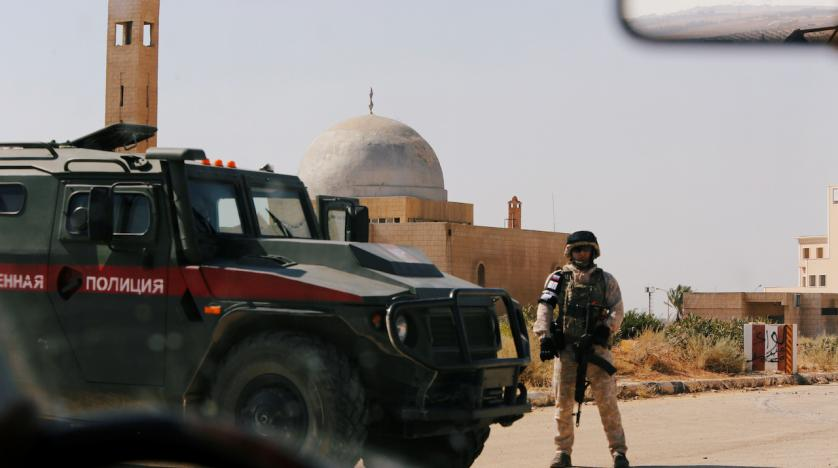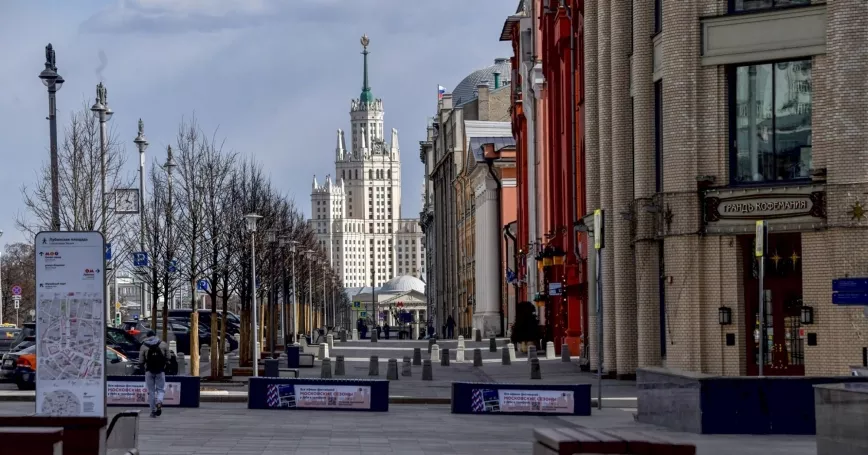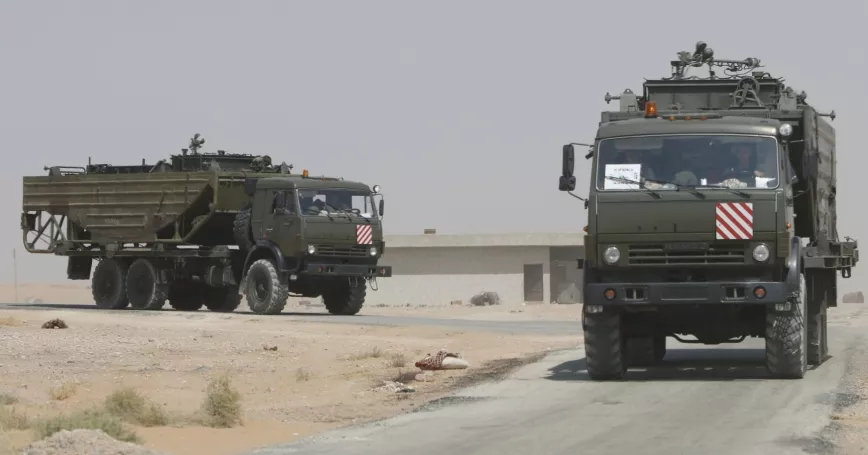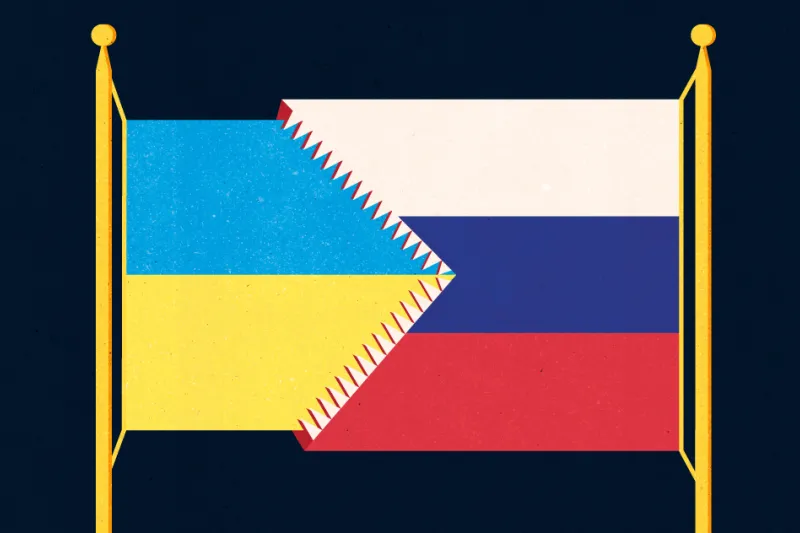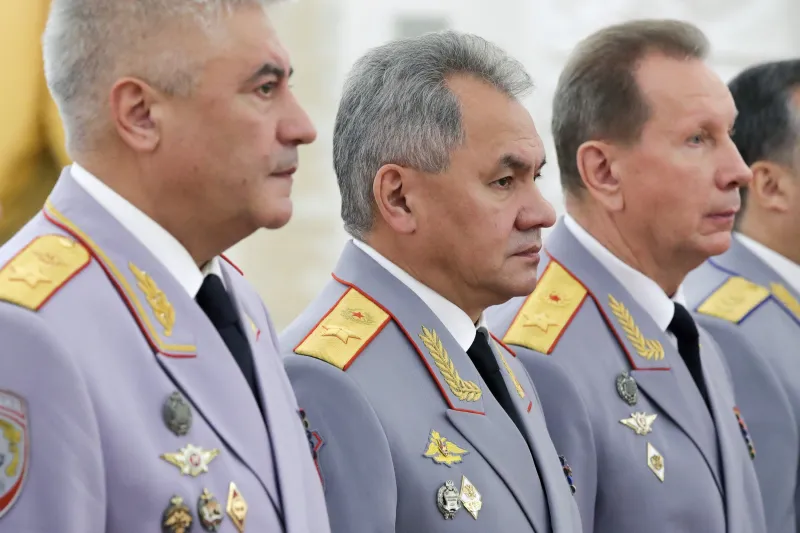Neo-Nazi who tried to launch a ‘civil race war’ by launching attacks with 600 homemade bombs and guns to ‘preserve the white population’ is hit with terror charge in Germany
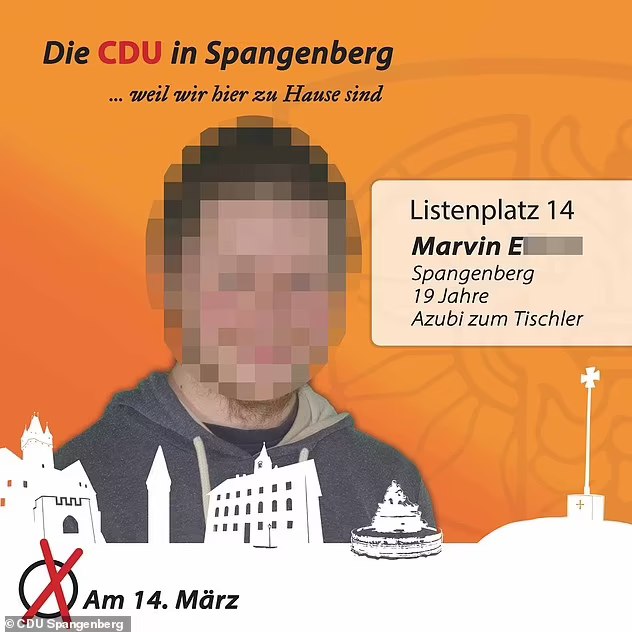
Marvin E., 20, faces charges of attempting to form terrorist organisation as well as preparation of a grievous seditious attack and various weapons law violations
Marvin E., from Spangenberg, intended to launch a ‘race war’ over three years
Investigators found 600 homemade bombs at his apartment and a manifesto

